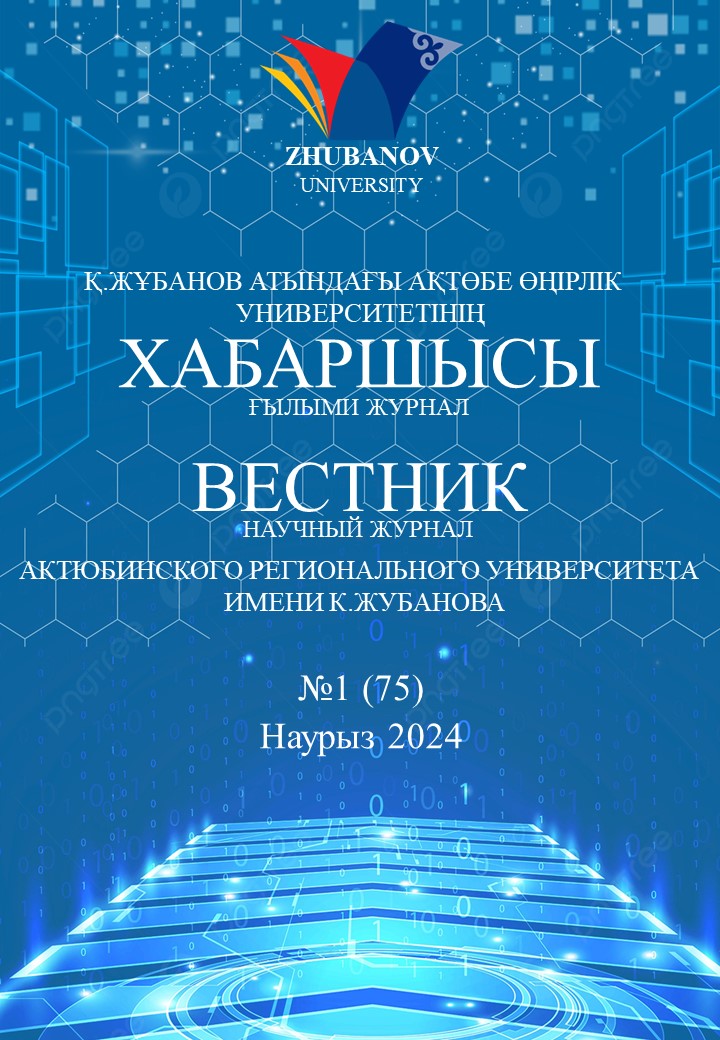Мемлекет саясатымен жүргізілген энергия үнемдеу іс-шарасының негізгі мақсаты - өнім бірлігіндегі энерготасығыштардың барлық түрінің салыстырмалы шығынын және оған көрсетілетін жұмыс күшін азайту.
Қазақстан Республикасының "Энергия үнемдеу туралы" заңы 1997 жылы 25 желтоқсанда қабылданған. Осы заң Қазақстан Республикасының отын-энергтикалық ресурстарын тиімді пайдалануға арналған экономикалық және ұйымдық жағдайларды құру мақсатындағы энергия үнемдеу саласының қоғамдық қатынастарын реттейді.
Энергия үнемдеу саласындағы саясат – энергия үнемдеусаласындағы құқықты, ұйымдарды және финастық-қаражатты реттеу қызметі. Сонымен қатар, басқа да түсініктер бар: отын-энергетикалық ресурстарын тиімді пайдалану – осы уақыттағы техника мен технологияның даму деңгейі бойынша жоғары нәтижелі, техника жағынан мүмкіндігі мол, отын- энергетикалық ресурстарын үнемді пайдаланатын және технологияның қоршаған ортаға әсерін бір уақытта азайтатын іс-шара. Отын-энергетикалық ресурстарын үнемді пайдаланудың көрсеткіштері – кез келген өнімге, жұмысқа немесе қызметтерге арналған отын мен энергияның салыстырмалы шығынын белгілі мөлшерге регламенттау (белгілі тәртіпке келтіру).
Г.Т. КОСМБАЕВА
Аға оқытушы, Қ.Жұбанов атындағы Ақтөбе өңірлік университеті, Ақтөбе
E-mail: gulzhank_67@mail.ru https://orcid.org/0000-0001-5797-9676
Н.Б. ҚАРЖАУБАЙ
Оқытушы, Қ.Жұбанов атындағы Ақтөбе өңірлік университеті, Ақтөбе https://orcid.org/0009-0002-5647-6537
В.Н. КАЗАГАЧЕВ
Аға оқытушы, Қазақ-орыс халықаралық университеті, қ. Ақтөбе
https://orcid.org/0000-0003-0157-6506
- Smith, J., & Collert, K. (2018). Smart Energy Management in Oil Refineries: Strategies and Technologies. Journal of Energy Engineering, 144(3), 04018022.
- Johnson, A., et al. (2020). Implementation of Smart Grid Technologies in Oil Production Facilities: A Case Study. Energy Reports, 6, 1234-1245.
- Brown, R., & Harris, L. (2019). Machine Learning Applications for Energy Consumption Forecasting in Oil Platforms. IEEE Transactions on Industrial Informatics, 15(4), 2345-2356.
- Petrov, D., & Ivanova, M. (2017). Smart Energy Management Systems for Oil Drilling Platforms: Challenges and Opportunities. International Journal of Energy Management, 25(2), 123-135.
- Chen, Q., et al. (2021). Integration of Renewable Energy Sources into Smart Energy Management Systems for Oil Refineries. Renewable Energy, 45, 678-690.
- Zhang, S., & Wang, Y. (2018). Advanced Control Strategies for Energy Optimization in Oil Production Processes. Journal of Process Control, 36, 234-245.
- Li, H., & Liang, Y. (2019). Big Data Analytics for Energy Efficiency Improvement in Oil Refineries. Computers & Chemical Engineering, 126, 456-467.
- Wang, X., et al. (2020). Internet of Things Applications for Smart Energy Management in Oil Industry. Journal of Cleaner Production, 220, 789-800.
- Kim, S., & Lee, J. (2019). Sustainability Assessment of Smart Energy Management Systems in Oil Refineries: A Case Study Approach. Sustainable Production and Consumption, 15, 345-356.


